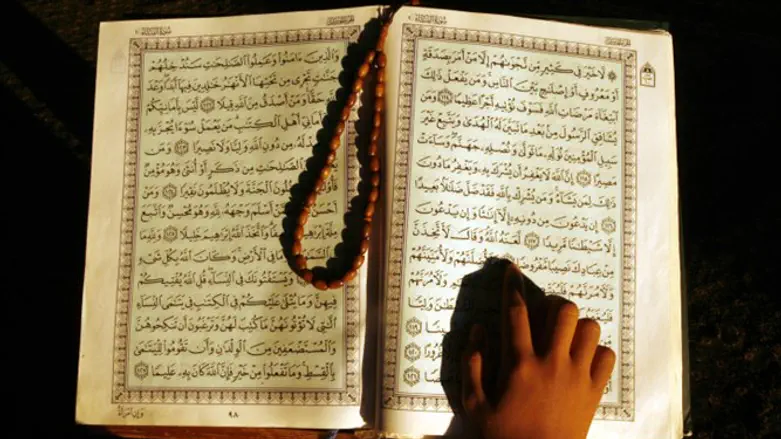
There are fundamental and insuperable contradictions between democracy and Arab-Islamic culture, among which are the following:
1. Whereas democracy is based on the primacy of the individual, Arab-Islamic culture is based on the primacy of the group – be it the village or the extended family. The individual Arab or Muslim has no identity outside the group; it is to the group that he owes his loyalty. This is one reason why internecine conflict has been endemic among Arabs throughout their history.
2. Democracy is based on consent, pluralism, and persuasion. Differences are resolved by discussion and mutual concessions, and agreements are usually abiding. In contrast, Islamic culture is based on the primacy of coercion. Agreements between rival factions do not really terminate animosities, which is why such agreements are so short-lived.
3. Freedom is one of the two cardinal principles of democracy. This is not the case of Arab-Islamic culture, which is strictly authoritarian and whose media are government-controlled.

The radical separation of religion and politics found in democracy is foreign to Islamic regimes. 4. Unlike democracy, whose other cardinal principle is equality, Arab-Islamic culture is strictly hierarchical. Top-down leadership is a fundamental principle of Islamic theology.
4. Unlike democracy, whose other cardinal principle is equality, Arab-Islamic culture is strictly hierarchical. Top-down leadership is a fundamental principle of Islamic theology.
5. Democracy is generally regarded as a process – the “rules of the game” – by which various individuals pursue their private interests and have diverse “lifestyles.” In contrast, Arab-Islamic culture binds everyone to the substantive values prescribed in the Koran.
6. Whereas democratic societies are preoccupied with the present, Arab-Islamic culture exists under the aspect of eternity colored by events of the past and dreams of the future.
7. Unlike democracy, which is steeped in secularism, Arab-Islamic culture is rooted in religion. The radical separation of religion and politics found in democracy is foreign to Islamic regimes.
8. The peaceful tendencies and publicity found in democracy stand in striking contrast to the militancy and dissimulation characteristic of Islam. On this point, consider the assessment of the late Professor Yehoshafat Harkabi, once head of Israeli Military Intelligence.
Prof. Harkabi refers to Islam as a “combatant,” “expansionist” and “authoritarian” creed. He admits that “the idea of jihad is fundamental in Islam,” in consequence of which “hatred,” “hostility” and “conflict” are endemic to Arab culture.
Moreover, he quotes the liberated Arab sociologist Dr. Sonia Hamady, who writes: “The Arabs usually look for external causes of their frustrations; they prefer to put the blame on some scapegoats [like Israel or America, the ‘Great Satan’].” Furthermore, “Lying,” she says, “is a widespread habit among Arabs, and they have a low idea of truth.”
Viewed in this light, democracy in the Arab-Muslim world is more fondly to be wished for than expected.